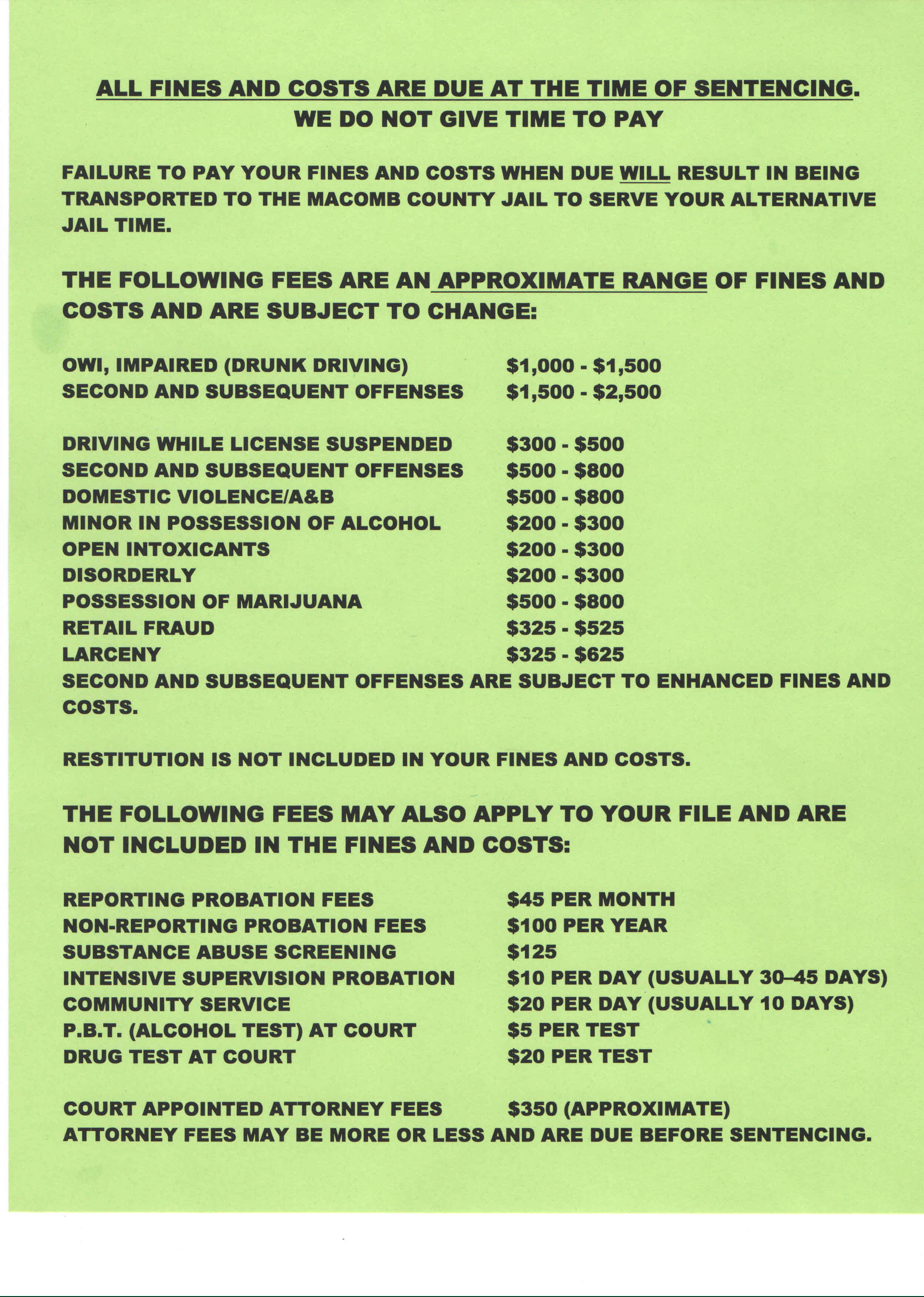![driving1[1].jpg](https://www.michigancriminallawyer-blog.com/files/2015/02/driving11.jpg)
If a revoked driver (habitual violator of Michigan drunk driving laws) meets the burden of proof by clear and convincing evidence and wins at the first Driver’s License Appeal Division (DLAD) hearing, he or she will be allowed to drive a vehicle subject to restrictions and with an ignition interlock device. The driver will be able to drive on a restricted basis during certain designated hours or for a designated purpose, such as employment and/or education. In addition, the ignition interlock device must be installed for a minimum period of 1 year on the vehicle which is operated by the person. The ignition interlock is an alcohol monitoring device which requires breath samples of a person while one is operating a vehicle. The purpose of the ignition interlock device is to measure the bodily alcohol content (BAC) of an intended driver and to prevent the motor vehicle from being started if alcohol is detected.
If a revoked driver loses at the DLAD hearing, he or she will have 2 options: wait until he or she is eligible for another hearing before the DLAD (which is usually 1 year) or appeal the decision by the DLAD to the circuit court. Neither option is as satisfying as winning, yet there is hope that the person will improve his or her case for the next hearing and get back on the road.
If the party feels that the decision by the DLAD was erroneous, he or she may file an appeal in the circuit court in the county where the person resides. The circuit court judge cannot hear any new evidence and is required to limit the appeal based upon the transcript and evidence submitted at the DLAD hearing. A circuit court appeal can occur no sooner than 60 days after the DLAD hearing because a copy of the transcript must be ordered and provided to the circuit court judge. The DLAD is represented at the circuit court appeal by a representative from the Michigan Attorney General’s Office. A circuit court judge can overturn the decision by the hearing officer if it is: not supported by competent, material and substantial evidence on the whole record, and/or, arbitrary, capricious or clearly an abuse or unwarranted exercise of discretion. In addition, a circuit court judge may deny your appeal or remand your case to the DLAD for an earlier hearing.
Continue reading ›
 Michigan Criminal Lawyer Blog
Michigan Criminal Lawyer Blog


![winter_driving[1].jpg](https://www.michigancriminallawyer-blog.com/files/2015/02/winter_driving1.jpg)
![driving29[1].jpg](https://www.michigancriminallawyer-blog.com/files/2015/02/driving291.jpg)
![yamunaexpressway[1].jpg](https://www.michigancriminallawyer-blog.com/files/2015/02/yamunaexpressway1.jpg) Our attorneys place a great deal of emphasis on the planning and preparation stage of a Michigan driver’s license restoration case. We prepare a driver’s license restoration case based upon several factors including one’s substance abuse history, diagnosis and prognosis. A large part of planning is organizing the evidence and prioritizing documents which will be submitted to the Driver’s License Appeal Division (DLAD). The evidence which is utilized will vary depending on whether a person is diagnosed as an alcoholic/dependent or an abusive drinker. It is important that a person understand that all evidence submitted for the purpose of a DLAD hearing, including all testimony, will be retained and recorded by the DLAD, and may be used in future hearings.
Our attorneys place a great deal of emphasis on the planning and preparation stage of a Michigan driver’s license restoration case. We prepare a driver’s license restoration case based upon several factors including one’s substance abuse history, diagnosis and prognosis. A large part of planning is organizing the evidence and prioritizing documents which will be submitted to the Driver’s License Appeal Division (DLAD). The evidence which is utilized will vary depending on whether a person is diagnosed as an alcoholic/dependent or an abusive drinker. It is important that a person understand that all evidence submitted for the purpose of a DLAD hearing, including all testimony, will be retained and recorded by the DLAD, and may be used in future hearings. ![bus-driver-scs-software-s928876[1].jpg](https://www.michigancriminallawyer-blog.com/files/2015/02/bus-driver-scs-software-s9288761.jpg)
